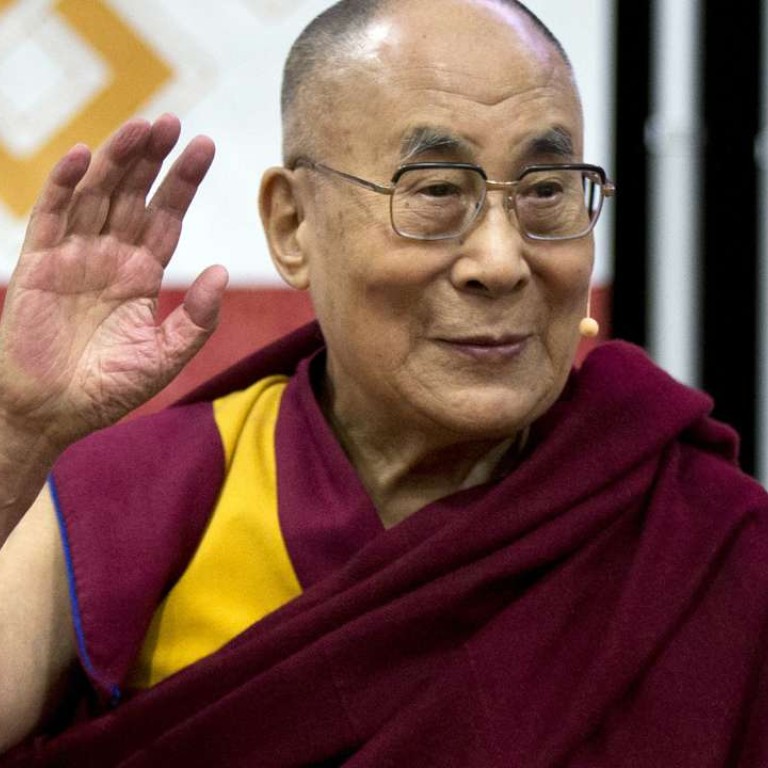
Update | Barack Obama angers China by meeting Dalai Lama at White House
Foreign ministry says the closed-door White House visit will ‘harm mutual trust and cooperation’ between the two nations
The meeting between US President Barack Obama and exiled Tibetan spiritual leader the Dalai Lama has been condemned by China – leading Beijing to lodge diplomatic representations with Washington.
Obama met the exiled Tibetan spiritual leader in the White House on Wednesday and voiced support for preserving Tibet’s unique religious traditions, the White House said on Wednesday.
But U.S. policy that Tibet is a part of China has not changed, White House spokesman Josh Earnest said. He said the president’s reception of the Dalai Lama in the White House residence, as opposed to the Oval Office where he usually meets dignitaries, underscored the personal nature of their meeting.
“The president articulated his appreciation for the Dalai Lama’s teachings and believes in preserving Tibet’s unique religious, cultural and linguistic traditions,” Earnest said.
Analysts said the meeting would open a new area of conflict between the two nations, in addition to the South China Sea territorial disputes, Taiwan and economic issues.
Beijing has routinely accused Washington of meddling in its domestic affairs after such encounters. It also vigorously lobbies against foreign leaders meeting the Dalai Lama “in any form”.
The foreign ministry said Beijing had lodged diplomatic representations to the US Embassy in China over the meeting.
“[This meeting sends] the wrong signal to Tibet independence and separatist forces, and harms China-US mutual trust and cooperation,” the ministry’s spokesman Lu Kang said.
Obama has met the Dalai Lama before and calls him “a good friend”, but the talk was behind closed doors in an effort to avoid Beijing’s ire.
“The meeting is no different from the other conflict points on the chequered history of Sino-US relations that have made Beijing unhappy, or even outraged,”said Professor Liu Peng, a religion expert at the Chinese Academy of Social Sciences.
If the United States plans this meeting, it will send the wrong signal to Tibet independence and separatist forces, and harm China-US mutual trust and cooperation
Liu said Washington seemingly did not want to weaken its improving relations with China, but was clearly frustrated by Beijing’s refusal to budge on the South China Sea disputes.
Beijing claims the Dalai Lama is try to split Tibet from the rest of China and calls him a “wolf in sheep’s clothing”.
But the spiritual leader has pressed more for Tibetan autonomy rather than outright independence.
In turn, many Tibetans say Beijing is repressing their Buddhist religion and culture, and preventing them from benefiting from the region’s economic development.
The Dalai Lama,who has lived in exile in India since a failed 1959 uprising, has for decades been calling for greater Tibetan autonomy rather than independence.
He turns 81 this year, and some people fear ties between Beijing and Tibet will deteriorate once he dies. They believe that with him gone, the thousands of Tibetans in exile will be open to the influence of people that have been championing more radical moves in the pursuit of freedom for their compatriots.

